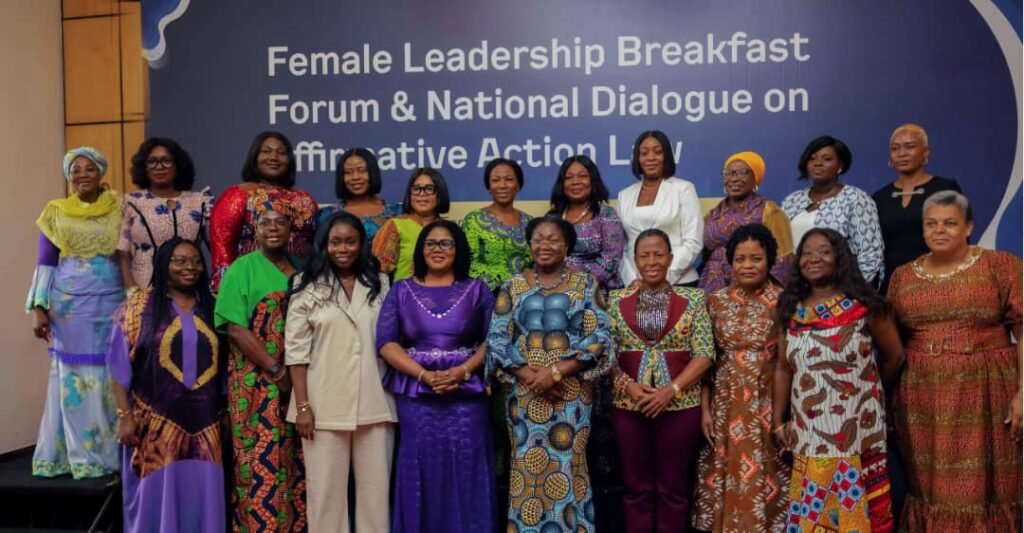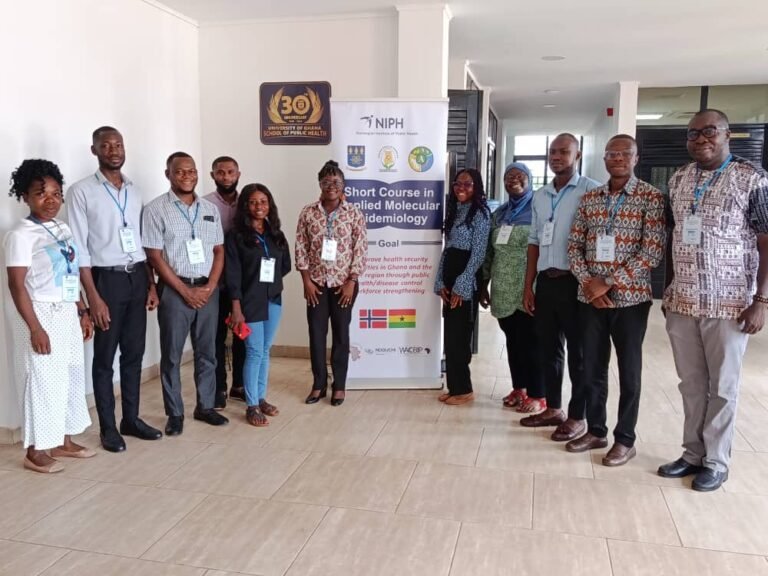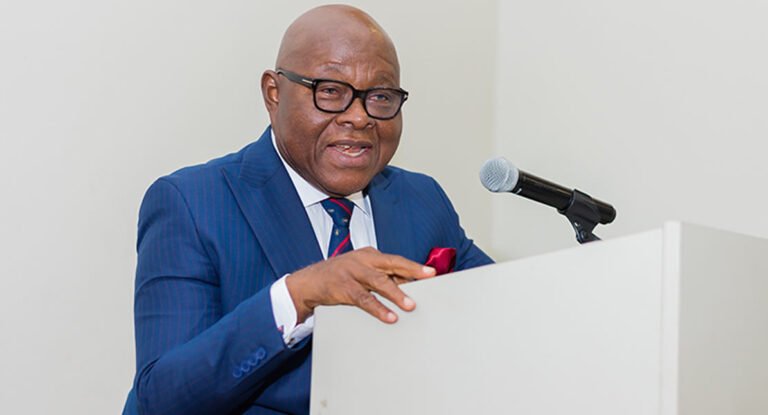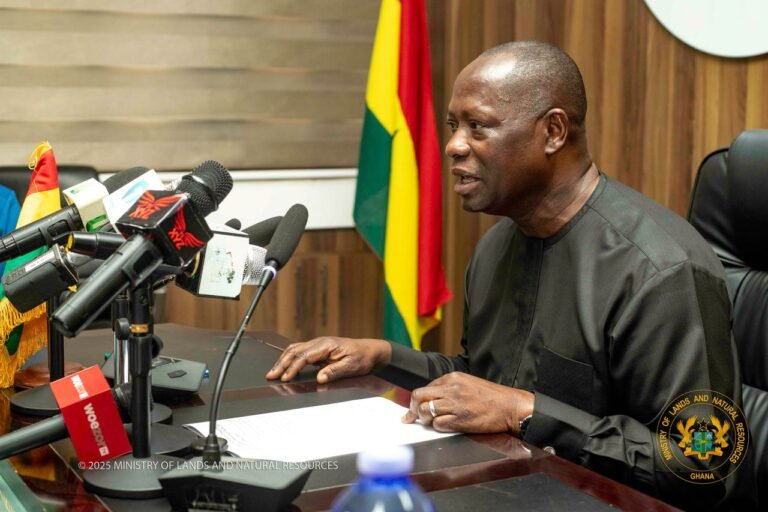
Claudia Kwarteng Lumor, founder of Glitz Africa Magazine, convened the 2025 Women’s Leadership Breakfast Forum at the Marriott Hotel in Accra, bringing together female Members of Parliament, foreign ambassadors, and key policy influencers to deliberate on the effective implementation of Ghana’s recently enacted Affirmative Action Law.
The high-level forum served as a national dialogue on affirmative action, focusing on the challenges and opportunities in ensuring that the new legislation translates into measurable progress for women in leadership. The event attracted prominent policymakers, civil society leaders, and international representatives committed to gender equity.
In her opening remarks, Claudia Kwarteng Lumor emphasised the need to move beyond numerical representation to real empowerment.
“How do we ensure that women are not just present in leadership spaces but are also empowered to drive transformative change?” she asked. She urged stakeholders to move from policy discussions to tangible action.
She highlighted Ghana’s ambitious gender representation targets—30% by 2026, 35% by 2028, and 50% by 2030—while acknowledging the persistent barriers such as institutional resistance, cultural biases, and weak enforcement mechanisms.
Former Minister of Gender, Children, and Social Protection and current Deputy Chief of Staff, Nana Oye Bampoe, provided historical context, tracing the Affirmative Action Law’s journey back to 1996, when Gloria Ofori Boadu first introduced the idea.
“Thirty-three years later, we now have an act, and it’s a moment for celebration,” she noted. However, she cautioned that significant challenges remain, citing the struggles faced by female politicians in Ghana and beyond, including Nigeria’s Senator Natasha Akoti, who faced suspension for advocating against sexual harassment.
The Minister of Gender, Children, and Social Protection, Dr. Agnes Naa Momo Lartey, reaffirmed the government’s commitment to enforcing the law. She noted Ghana’s progress in gender representation, citing the historic appointment of the country’s first female vice president.
“Fifty years ago, Ghana took its first steps toward integrating women into national development,” she said, referencing the establishment of the National Council on Women and Development in 1975.
Dr. Lartey stressed that advancing gender equity required sustained institutional support, including the creation of a Gender Equity Committee to oversee the law’s implementation.
“We are finalizing the legislative instrument to guide the enforcement of this law,” she assured. She pledged continued public education to instill a culture of gender equity across all sectors.
The event saw participation from notable international figures, including Harriet Thompson, the British High Commissioner to Ghana, and H.E. Simone Giger, the Swiss Ambassador, who expressed their support for Ghana’s efforts in promoting gender equality.
Claudia Kwarteng further urged stakeholders to transition from dialogue to concrete steps that would institutionalize gender equity.
“This dialogue must lead to action. Together, we can build a Ghana where leadership reflects the true diversity of its people, and where women are empowered to lead at all levels”, she added.




